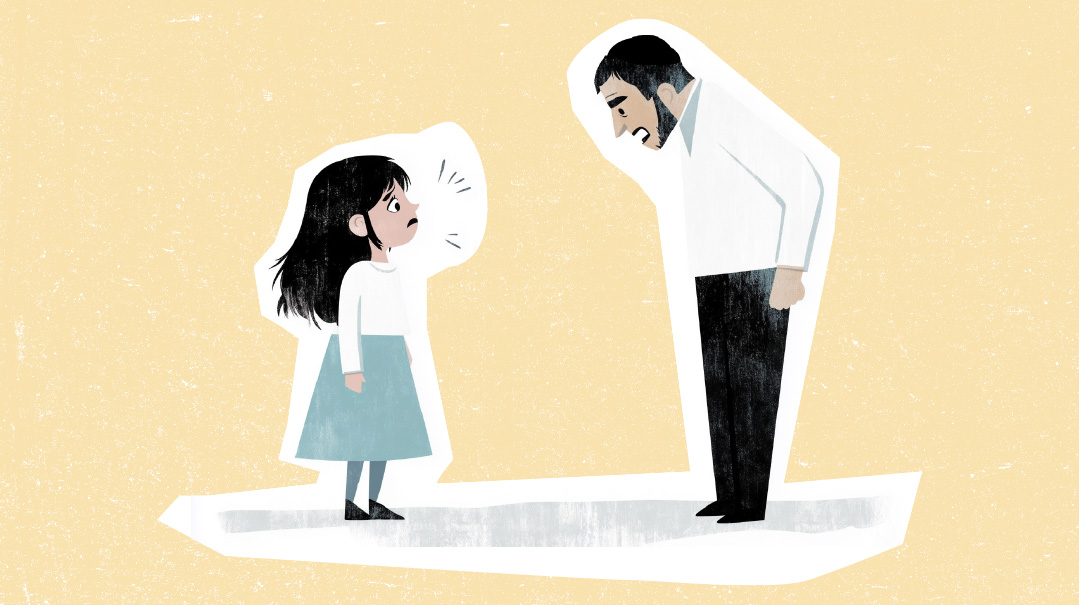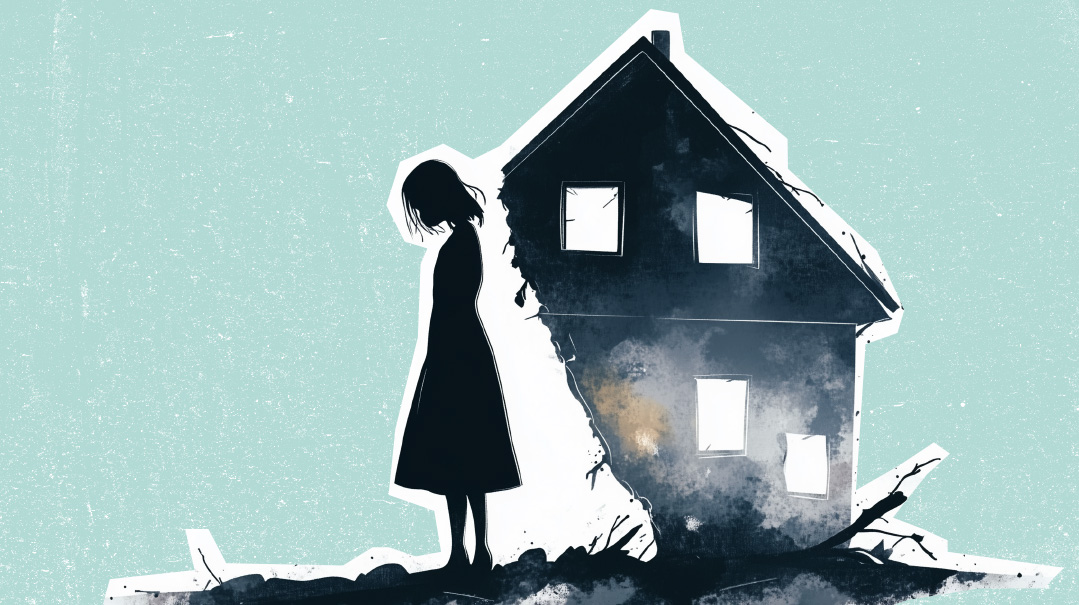My Teens Won’t Talk

How can I get my daughters to open up more to me?

Q:
I have a house full of kids, but my oldest two are girls, 13 and 15 years old. I thought I had a great relationship with them as they were growing up, but now I find that they keep to themselves and rarely share anything of substance with me. If I ask about school they give me one-word answers and if they have any problems, they confide in their aunt (my husband’s sister) instead of me. I’m really hurt about this. I asked the older one the other day why she and her sister don’t talk to me (except to ask me for things!), and she told me, “Because you’re never on our side. You always take the other person’s side. And also because you get so upset when we tell you stuff.” I was shocked! I don’t see myself this way at all. If I’m trying to guide my kids, does this mean I’m not taking their side? And if I get a bit upset when they tell me something upsetting, am I supposed to just smile and tell them everything is okay? In other words, do I have to be a phony in order to have a relationship with my daughters? Please set me straight. Is there something wrong with me or with them?
A:
Based on the little information you’ve shared, I really don’t know whether it’s you or them, but I’ll describe some scenarios and maybe you’ll be able to answer that question for yourself.
Let’s start with the issue of being “on the other person’s side.” This is a surprisingly easy error to make in parenting because parents like to help their kids see things more clearly. Often parents are just trying to do some problem-solving, without realizing that what they’re saying sounds like they are supporting “the other side” instead of their child. Take this dialogue for example:
Child: I’m so mad! Bassi is ignoring me!” (Bassi is this child’s best friend.)
Mom: Did you say something to upset her?
Mom is obviously just trying to find out what’s going on. She’s also trying to help her daughter understand the issue. Maybe Bassi is justifiably upset and the daughter could benefit from learning an important social skill (like how to refrain from embarrassing her friend in public). Mom knows her daughter can be socially clueless and really just wants her to be more successful.
Despite all these good intentions, Mom is coming across as Bassi’s defender instead of her daughter’s. If this sort of dialogue happens routinely, the daughter is very likely to feel unsupported.
There are a couple of things Mom could have done here that would have shown support while allowing her to still do some problem-solving and educating. One is to make sure that her first response is one that is clearly supportive of her daughter. Acknowledging her daughter’s pain would be one way to do this. “Oh my goodness! That sounds upsetting!” This sort of response validates the daughter’s upset, allowing the youngster to perceive that mom is with her on this — on her side.
The second strategy is to present the educational part of the conversation in a soft, tentative, curious tone of voice, sans accusation. “Hmm... did something happen?” Here, the parent carefully avoids an “in your face” attack (“Did you say something to upset her?”). And finally, when the daughter admits she called her friend an unpleasant name in front of a group of girls, Mom can stay reflective: “Oh. Is that why she’s not talking?” rather than, “Well, if you’re going to embarrass her like that, then of course she’s going to stop talking to you!”
Of course, all this takes restraint and planning but if you want your kids to confide in you, it may be a good idea to experiment and see if these strategies help at all.
The second issue you raise is a little trickier. Sometimes a particular child is extremely sensitive to a parent’s quiet look of disapproval. Imagine a teenager sharing, “I offered Mrs. Stein (the new neighbor) an afternoon of my time to watch her kids on Erev Pesach.” You need this daughter to help you for an afternoon Erev Pesach and so you raise your eyebrow in surprise without saying a word. This ultrasensitive daughter starts yelling: “You always criticize everything I do! You think everything I do is bad!” This — when you didn’t say a word!
This sensitivity isn’t something you can stop. However, you might not have been so quiet. What if you answered, “Why would you do that? You know I need your help on Erev Yuntiff. Why would you offer your services to someone else — especially without checking in with me?”
When this sort of response is not your usual one, it’s not going to cause a problem with a regular, not overly sensitive child. We can, and must, sometimes offer negative feedback — it’s the ten percent of our 90-10 rule for teenagers. But when criticism, correction, or other forms of education — even though mild and respectful — is the routine way of responding to almost everything a child says (i.e., the parent is exceeding that ten percent allotment), the child may just stop saying anything.
So you tell me: Is it you or them?
(Originally featured in Family First, Issue 935)
Oops! We could not locate your form.




